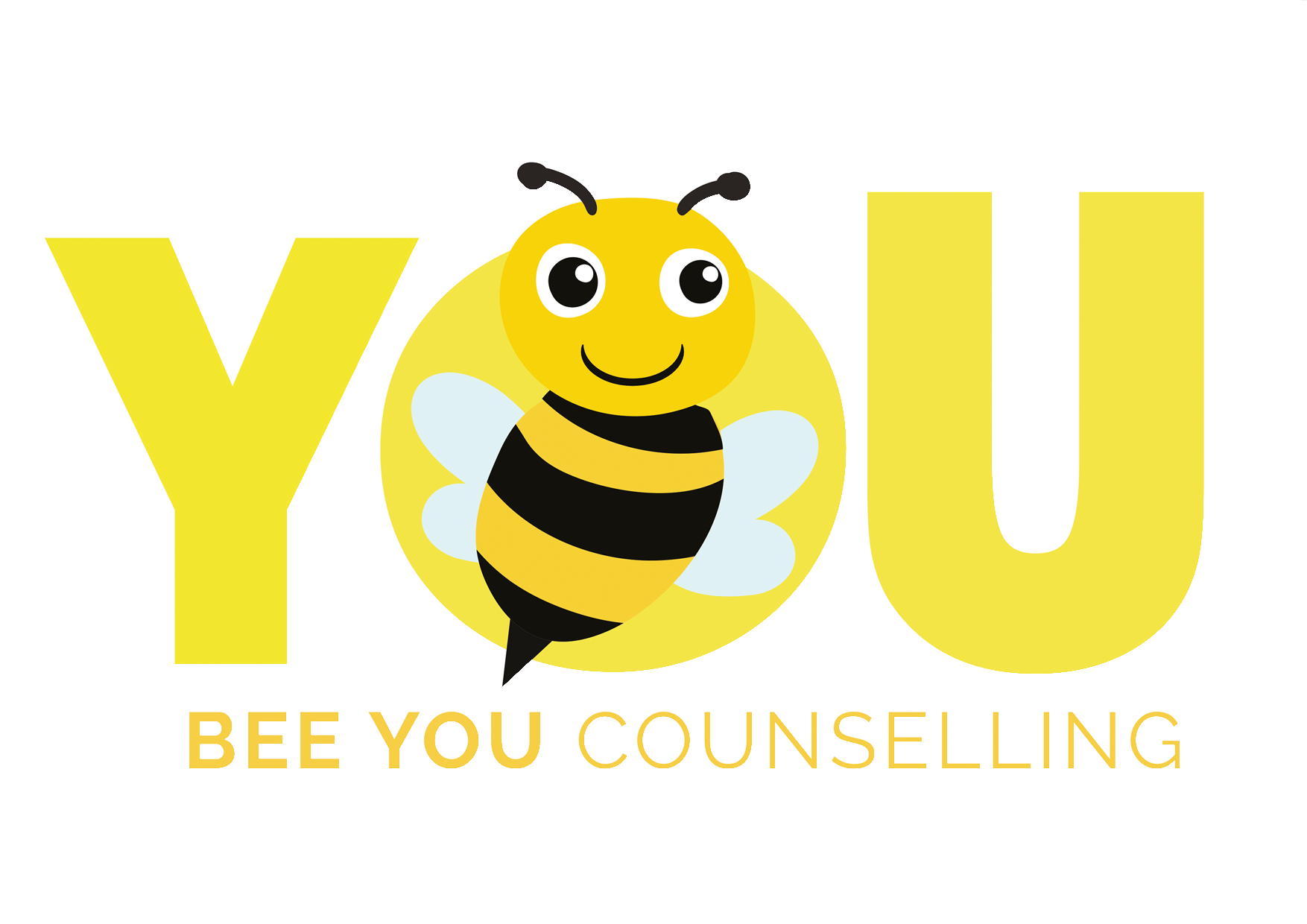We’re working on something special at Bee You Counselling – a shiny new website with everything you need to explore our services and support! 🌸
We’ll be back soon, better than ever, so pop back in to see the buzz! Thanks for your patience, and remember to Bee You! 💛✨
